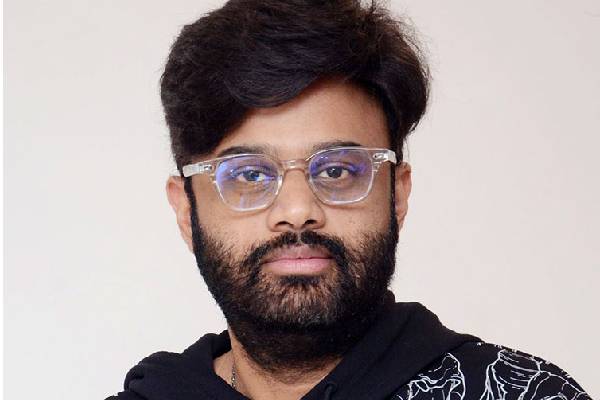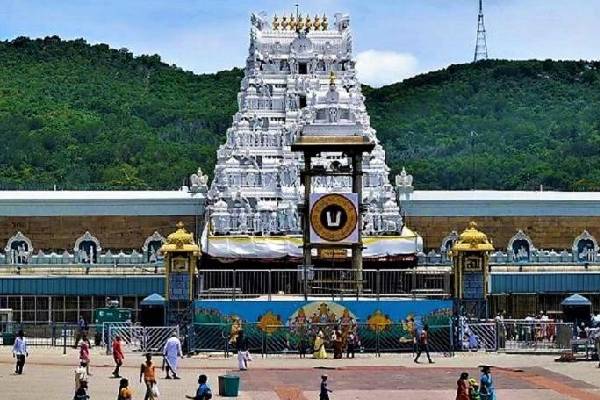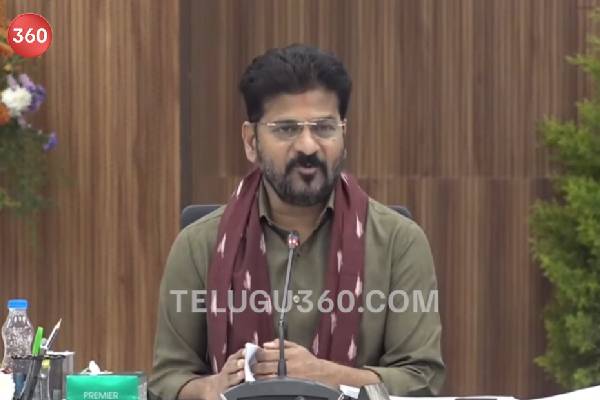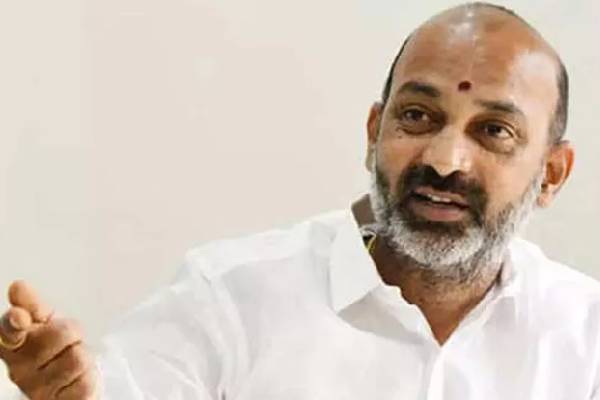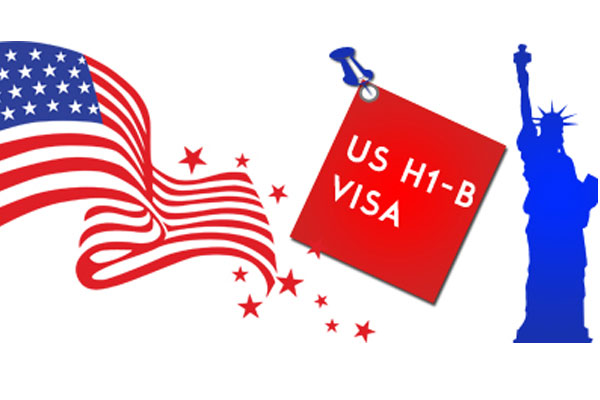An IT product manager for a forex market trader, Saurabh Tandon (name changed), moved to Cupertino three years ago with his wife and children in tow chasing the American dream. His employer has delayed his green card processing, and he is not as sure about his decision as he used to be. He cancelled his much awaited summer trip to India this June.
“Things are not good. Most of us in our company and around us are nervous, to say the least. I might have to come back to India for good, if things remain the way they are. One can’t live in uncertainty. I have postponed the India trip till things iron out either way,” he said.
Like Tandon, many Indians on working visa in the United States are cancelling or postponing their trips to India in the fear that they may not be allowed back in the country.
US President Donald Trump is expected to overhaul the work visa programmes like the H-1B and L1. The H-1B is a non-immigrant visa that allows American employers to temporarily employ foreign workers in speciality occupations. Most Indian IT professionals in the US are on H-1B visas.
Last month a bill introduced in the US Congress sought to more-than-double the minimum salary of H-1B visa holders to $130,000. The current H-1B minimum wage of $60,000 was fixed in 1989 and been unchanged since.
The US has a major skill mismatch and Indian IT firms help in bridging this gap. As per the US Department of Labor, there will be 2.4 million unskilled STEM (Science, Technology, Engineering, and Maths) jobs by 2018. Of this over 50% will be in the computer and IT related a ..
The move will significantly increase costs for IT companies, whose margins are already squeezed. According to IT lobby body Nasscom, Indian IT firms earn 65% of their $155 billion revenue from the US. “I had planned to visit my family back in India after two years. But now have to delay that as there is lot of uncertainties about H-1B visa,” said Mansi Dev a software professional with an MNC in US.
“No one wants to take any chances. I’m aware of people who are cancelling their trips even at the risk of losing money spent on air tickets and reservations,” said a Silicon Valley professional.
“Some people on H-1B work visa went for a visa re-stamp after three years. Their stamping is put on hold for administrative reasons and no timeline was given. This could take anything between two weeks to six months. They have bought houses here. The kids need to start school. Hence, they are cancelling plans to move out of the country,” added another Indian professional.
“Those on visas are not taking any chances. They are postponing their programmes. Even if it is extremely necessary, families are not coming. One person comes and the others are staying back. I hope there is a solution to this soon,” said Subhash Goyal, chairman of the aviation and tourism committee at the Indian Chamber of Commerce and Industry.
“It could be a short-term panic reaction and people are not taking chances. I don’t expect things to take a turn for the worse. There have been a few selective countries that have been identified as potential terror threats and India is not one of them. They have hinted at a possibility that in future, H-1B visas might get restricted but that’s about it,” said Shiv Agrawal, MD, ABC Consultants.
Source:EconomicTimes





















